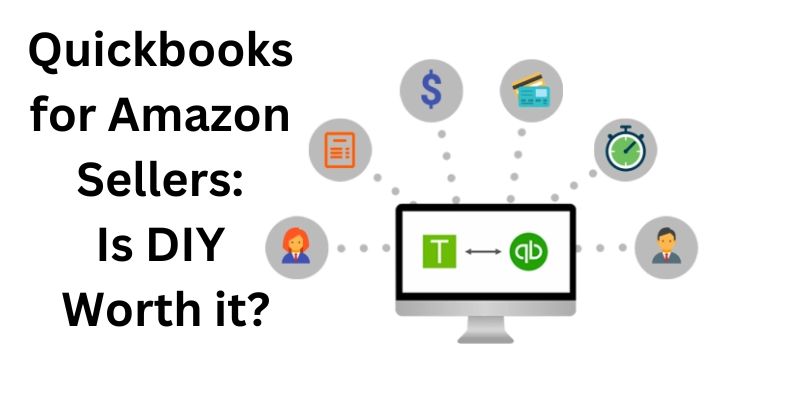Dividend-Paying Whole Life Insurance: What You Should Know
Dividend-paying whole life insurance offers a unique blend of insurance coverage and investment opportunities, providing policyholders with lifelong financial security. Whole life insurance provides coverage for your entire life as long as you keep paying premiums, unlike term life insurance which only covers you for a set period. This guide covers all aspects of dividend-paying whole life insurance. It explains how it operates, its advantages, and what factors to think about when deciding if it suits your financial objectives and requirements.
What is Dividend-Paying Whole Life Insurance?
First things first, let's break down what dividend-paying whole life insurance is all about. Unlike term life insurance, which provides coverage for a specific period, whole life insurance offers coverage for your entire life as long as you continue to pay the premiums.
The unique aspect of dividend-paying whole life insurance is that it allows policyholders to receive dividends from the insurance company. These dividends are a portion of the insurer's profits and are typically paid out annually. Policyholders have the option to receive these dividends in cash, use them to reduce premiums, accumulate them with interest, or purchase additional coverage.
How Does it Work?
When you sign up for a dividend-paying whole life insurance policy, you're essentially entering into a long-term agreement with an insurance company. Here's a detailed breakdown of how it works:
Premium Payments
As a policyholder, you agree to pay regular premiums to the insurance company. These premiums are the payments you make to keep your policy active. A portion of these premiums is allocated to cover the cost of providing you with insurance coverage, including administrative expenses and the insurer's profit margin.
Investment Component
Now, here's where it gets interesting. The remaining portion of your premiums, after covering the insurance costs, is invested by the insurance company. They use this money to invest in different things like bonds, stocks, and real estate. The goal is to generate returns on these investments over time.
Cash Value Growth

As your policy matures, the investments made by the insurance company start to grow. This growth is reflected in the cash value of your policy. The cash value grows tax-deferred, meaning you won't owe taxes on the growth until you decide to withdraw it.
Dividend Distribution
Here's the kicker - if the insurance company performs well and earns profits from their investments and insurance operations, they may decide to distribute a portion of these profits to policyholders in the form of dividends. These dividends can be a welcome bonus, enhancing the cash value of your policy and providing you with additional benefits.
Not Guaranteed
It's crucial to understand that dividends are not guaranteed. They depend on the financial performance of the insurance company. If the company experiences losses or lower-than-expected returns on its investments, it may not distribute dividends in a given year. However, reputable insurance companies strive to maintain a track record of consistent dividend payments to their policyholders.
Benefits of Dividend-Paying Whole Life Insurance
Now that you have a better understanding of how dividend-paying whole life insurance works let's explore some of the benefits it offers:
Lifetime Coverage: One of the significant advantages of whole life insurance is that it provides coverage for your entire life. As long as you keep paying, your loved ones will get money when you die.
Cash Value Growth: Unlike term life insurance, which doesn't have a cash value component, whole life insurance accumulates cash value over time. This cash value grows tax-deferred and can be accessed through policy loans or withdrawals during your lifetime.
Dividend Potential: With dividend-paying whole life insurance, you have the opportunity to receive dividends from the insurance company. These dividends can boost your policy's cash value, cover premiums, or offer extra income.
Stable Premiums: Unlike some other types of insurance, such as term life insurance, which can have increasing premiums over time, whole life insurance typically has stable premiums that remain consistent throughout the life of the policy.
Asset Protection: The cash value of a whole life insurance policy is protected from creditors in many states. This can provide an added layer of financial security for policyholders.
Estate Planning: Dividend-paying whole life insurance can play a crucial role in estate planning. The death benefit received by beneficiaries is often tax-free. It can help cover estate taxes or provide liquidity to settle financial obligations, ensuring your legacy is preserved for future generations.
Is Dividend-Paying Whole Life Insurance Right for You?
Deciding whether dividend-paying whole life insurance is the right choice for you involves careful consideration of various factors. Here's a detailed explanation to help you determine if this type of insurance aligns with your needs and financial situation:
Long-Term Commitment: It's crucial to recognize that purchasing a whole life insurance policy is a long-term commitment. You'll need to pay premiums regularly to keep the policy in force, often for the duration of your life.
Financial Goals: Consider how dividend-paying whole life insurance fits into your broader financial plan. If you're seeking both insurance protection and a means to accumulate cash value over time, this type of policy may be suitable.
Risk Tolerance:

Although whole life insurance offers stability and guarantees, it might not provide as much growth potential as alternative investments like stocks or mutual funds. Evaluate your risk tolerance and investment objectives carefully.
Comparing Options: Don't rush into purchasing a policy without exploring your options. Take the time to compare dividend-paying whole life insurance policies from different insurers.
Conclusion
Dividend-paying whole life insurance offers lifetime coverage and potential dividends, making it a comprehensive financial tool. While it may not suit everyone, its stable premiums and cash value growth can benefit those seeking long-term financial security.
To determine if it's right for you, assess factors like commitment, financial goals, and risk tolerance and compare options from various insurers. By weighing these considerations carefully, you can make an informed decision to safeguard your financial future and provide for your loved ones effectively.







